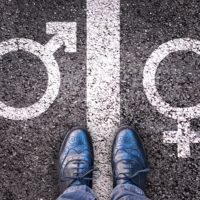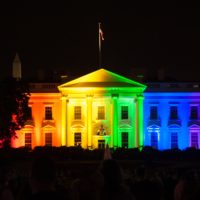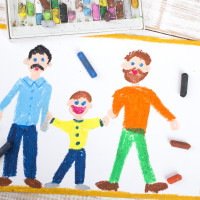
Many feminists and religious leaders regard it as exploitation
NATALIE SMITH was born without a uterus. But her ovaries work normally, which means that, with the help of in vitro fertilisation (IVF) and a “gestational surrogate”—a woman willing to carry a baby for someone else—she and her husband were able to have children genetically related to both of them. In 2009 they became parents to twins, carried by Jenny French, who has since had babies for two other couples. Ms French was motivated by her own experience of infertility between her first and second children. The experience created a lasting link: she has stayed friends with the family she helped to complete and is godmother to the twins.
Ms Smith was lucky to live in Britain, one of just a handful of jurisdictions where surrogacy is governed by clear (though restrictive) rules. In some other European countries, it is illegal. American laws vary from state to state, all the way from complete bans to granting parental rights to the intended parents, rather than the woman who carries the baby. In most of the rest of the world, until recently, surrogacy has been unregulated, leaving all concerned in a legal vacuum. The variation in laws—and costs—has created a global surrogacy trade rife with complications and pitfalls.
Now many of the developing countries whose low costs and lack of legal restrictions had made them popular surrogacy destinations are trying to end the business. Thailand barred foreigners from paying for surrogacy in 2015. Nepal banned it, even when unpaid, later that year. India, where surrogacy had been a booming business for more than a decade, suddenly barred foreign clients a few months later. A bill before its parliament would allow only unpaid surrogacy by close relatives.
These new laws were intended to protect surrogates from exploitation. These poor and often illiterate women could earn an amount equivalent to ten years’ wages for a single pregnancy. Governments feared that some did not understand the contracts they were signing. Unscrupulous clinics often placed multiple embryos in their wombs with the aim of making pregnancy more likely, without making the risks clear. Some overused Caesarean sections and neglected post-partum care.
The Economist, May 11, 2017
Click here to read the entire article.
The post As demand for surrogacy soars, more countries are trying to ban it appeared first on Time For Families.
Source: Time for Families














